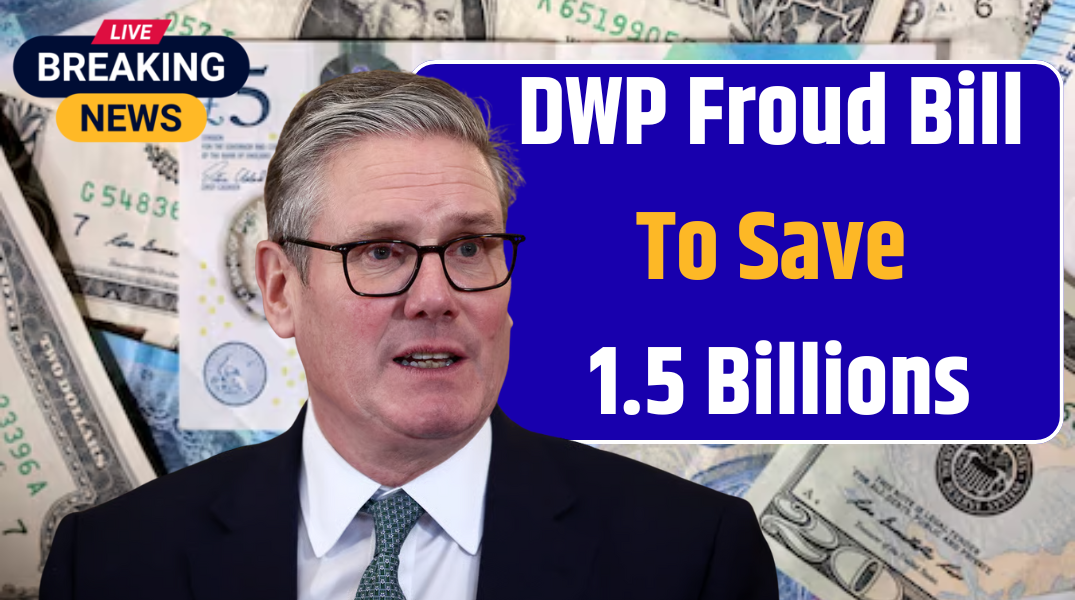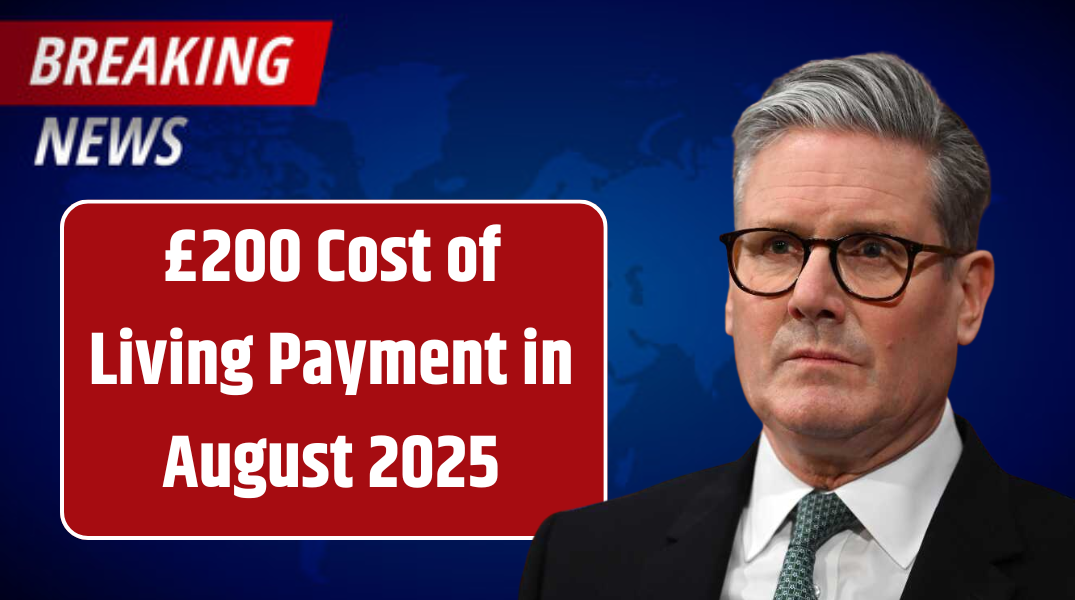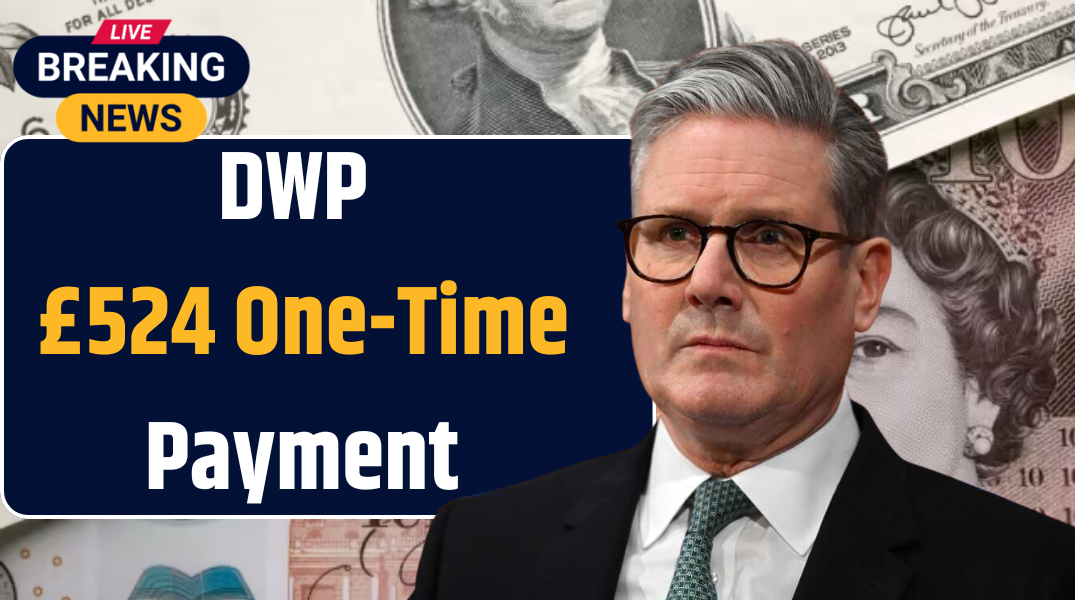In a sweeping effort to tighten control over benefit fraud, the Department for Work and Pensions (DWP) is set to roll out powerful new tools in 2026. For the first time, banks will assist the government by flagging suspicious financial activity that might suggest someone is falsely claiming benefits such as Universal Credit.
This new system doesn’t mean the government can dig through your bank statements or track your spending habits. Instead, it introduces a targeted alert system—designed to catch only those who breach clear financial thresholds, such as having savings that exceed allowable limits for claiming benefits.
Why the Changes Are Happening
Benefit fraud is a growing concern in the UK, with billions lost every year due to false claims or underreported income. The DWP’s upcoming changes are part of a broader initiative under the Public Authorities (Fraud, Error and Debt Recovery) Bill, aimed at ensuring benefits are only paid to those who truly qualify.
With these new measures, the government expects to save £1.5 billion over the next five years—funds that could be better used to support vulnerable citizens and public services.
How Will the New System Work?
Beginning in 2026, the DWP will launch a “test and learn” phase, where a limited trial run will be carried out with selected banks and cases. Here’s how the new system will function:
-
Banks will monitor for red flags, such as unusually high savings balances.
-
If a customer receiving benefits has savings over £16,000 (the limit for Universal Credit), the bank may flag the account to the DWP.
-
Banks won’t share transaction history, spending habits, or personal purchases—only savings data that contradicts benefit eligibility rules.
-
The DWP will review flagged cases and determine whether further investigation or action is required.
It’s Not Surveillance—It’s Smart Targeting
Contrary to some concerns, the DWP has no intention of monitoring every bank account. The system is not a spying tool—it’s designed to detect clear eligibility breaches, not day-to-day spending.
In fact, safeguards are being put in place to ensure that banks follow strict data protection rules. Overstepping boundaries or sharing more than allowed could result in penalties for financial institutions.
New Enforcement Tools for Serious Cases
While most people won’t be affected unless they are committing fraud, the DWP is introducing stronger enforcement powers for those who deliberately cheat the system or refuse to repay debts. These powers include:
-
£300 fixed civil penalties for misinformation or non-compliance
-
Seizure of assets via court orders for major offenders
-
Driving bans of up to 2 years for repeat fraudsters
-
Direct recovery of money from wages or bank accounts
What Makes This New?
This move is the first of its kind in the UK. While some checks already happen manually, this system aims to automate and improve detection, focusing on real-time alerts and smarter investigations. It’s not just about catching fraud after the fact—it’s about stopping it before it starts.
The DWP is also working with other departments to recover debts even from individuals no longer receiving benefits, meaning accountability won’t disappear after a claim ends.
Focus on Fairness, Not Fear
The DWP insists that the new measures are not designed to punish the majority, who claim benefits legitimately. The plan includes comprehensive staff training, clear guidance, and oversight systems to prevent misuse of power.
There will also be independent reviews and audits to ensure the system is used fairly and within the law.
Frequently Asked Questions (FAQs)
1.Will the DWP be able to see what I buy or track my purchases?
No. The DWP will not be able to view transaction details or track spending habits. Banks will only flag accounts with suspiciously high savings that may breach benefit eligibility rules.
2.Does this mean the government will check everyone’s bank account?
No. Only selected cases, based on existing claims and risk factors, will be reviewed. This is not mass surveillance.
3.What is the savings limit for Universal Credit?
Typically, if you have over £6,000 in savings, your Universal Credit is reduced. Savings over £16,000 usually make you ineligible.
4.When will the new rules start?
The rules will begin rolling out in 2026, starting with a controlled test phase before full implementation.
5.What if the system wrongly flags my account?
If flagged incorrectly, you’ll have the chance to clarify your financial situation with the DWP. There will be a formal review process to correct errors.
6.Will people get in trouble for honest mistakes?
The DWP has said that civil penalties and enforcement powers will be used primarily for intentional fraud or refusal to cooperate. Honest errors are typically handled through standard repayment or adjustment processes.
Final Thoughts
This new era of benefit fraud prevention represents a more targeted and data-driven approach. By partnering with banks and using precise indicators—rather than sweeping checks—the DWP aims to reduce fraud without compromising privacy.
For the vast majority of claimants, there’s no reason to worry. But for those attempting to exploit the system, these reforms are a clear signal: the net is tightening.




